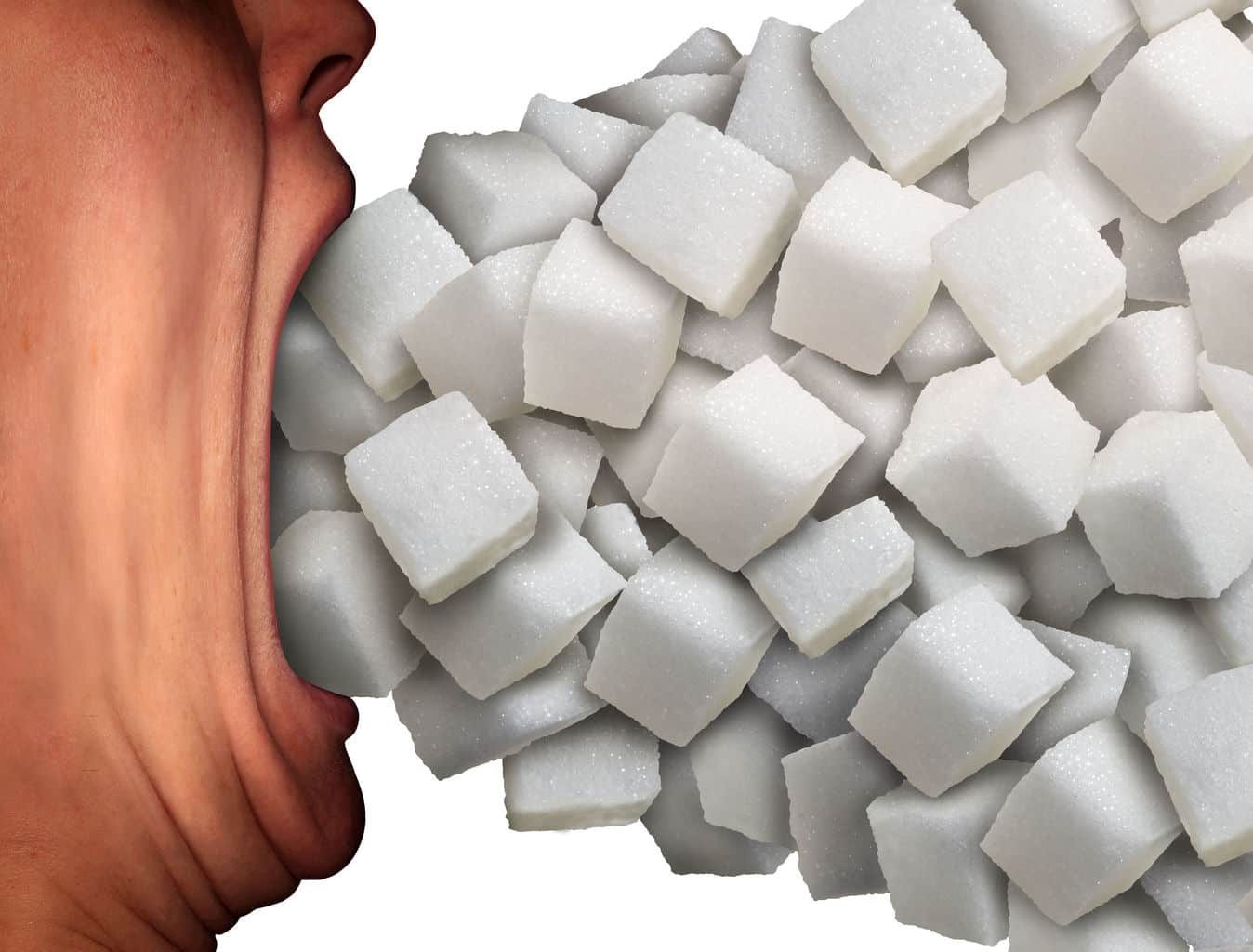
[cmamad id=”5730″ align=”center” tabid=”display-desktop” mobid=”display-desktop” stg=””]
It’s very popular for people to believe that sugar feeds cancer cells.
The problem is that it is absolutely not true.
The sugar and cancer myth is false — the idea that sugar causes cancer is just false.
We’ve known for years that cancer loves fat.
While cancer cells eat fat as well as sugar, they may be even more dependent on fat.
And we have the evidence.
There are plenty of sugar and cancer studies, and we have one for you today.
Researchers performed a very large study as part of a greater health study.
The larger study followed over 400,000 people for over seven years.
Their diet was evaluated using the usual questionnaires asking people what they eat.
It’s not a great way of doing studies because people don’t always remember what they eat.
And foods often contain unknown ingredients that the participants don’t think to include or don’t realize.
So these are never reflected in these surveys and questionnaires.
But this sort of study still does give us some evidence — so let’s look at it.
Here are the sugars that they studied and how they define them:

We’ll skip straight to the conclusion.
[cmamad id=”5731″ align=”center” tabid=”display-desktop” mobid=”display-desktop” stg=””]
There are a few cancers that showed a modest increase in the presence of sugar.
But these were rare cancers such as cancer of the small intestine.
Overall, though,
We found no association between dietary sugars and risk of colorectal or any other major cancer.
To look closely at the data, take a look at this chart:

On this chart, any number below one indicates a lower likelihood of getting cancer.
A number over one and indicates a greater likelihood of getting cancer.
This chart represents about 256,000 men.
And it shows no difference in cancer between men using sugars or not using sugars.
In fact, the numbers are modestly lower for men consuming high amounts of sugar rather than higher.
So this shows clearly that sugar consumption does not correlate with greater cancer incidence.
What is even better about this study is that it was not funded by the food industry.
None of the researchers on the study had any support financially from anyone in the food industry.
So there’s no bias to make us wonder if they’re hiding something.
And if cancer isn’t interested in consuming sugar, how does it fuel itself?
We’ve already seen in previous newsletters how cancer cells prefer to consume fat, especially polyunsaturated fat.
Now, there have been some reported successes where patients fought cancer with low sugar, low carb diets.
But for the normal person, it doesn’t seem that consuming sugar feeds cancer cells at all.

https://www.ncbi.nlm.nih.gov/pmc/articles/PMC3494407/#!po=22.4138

Leave a Reply